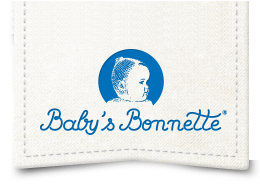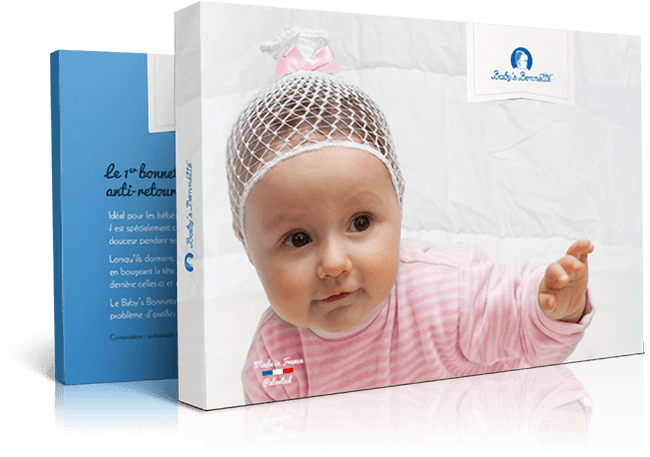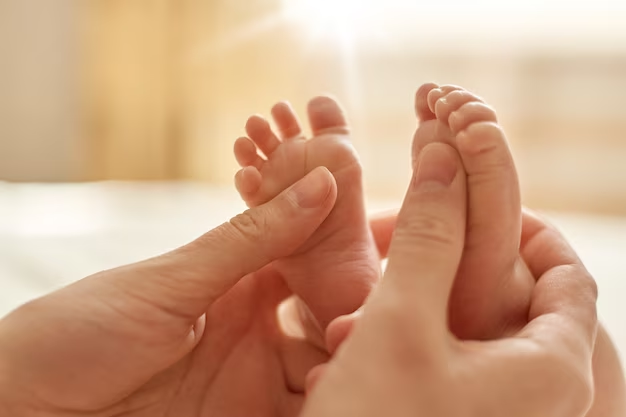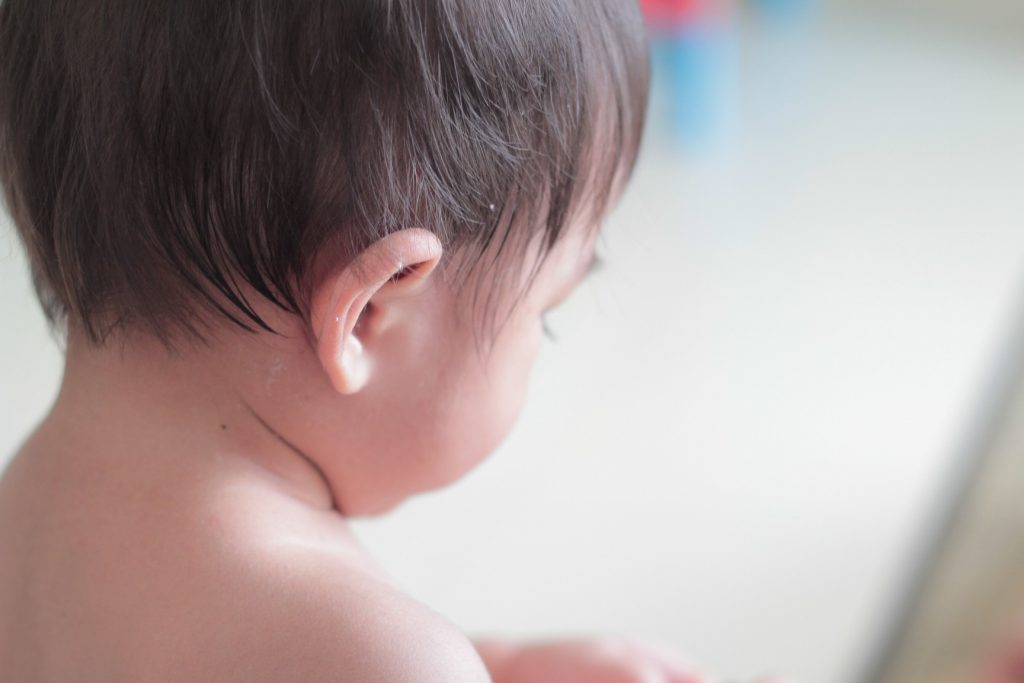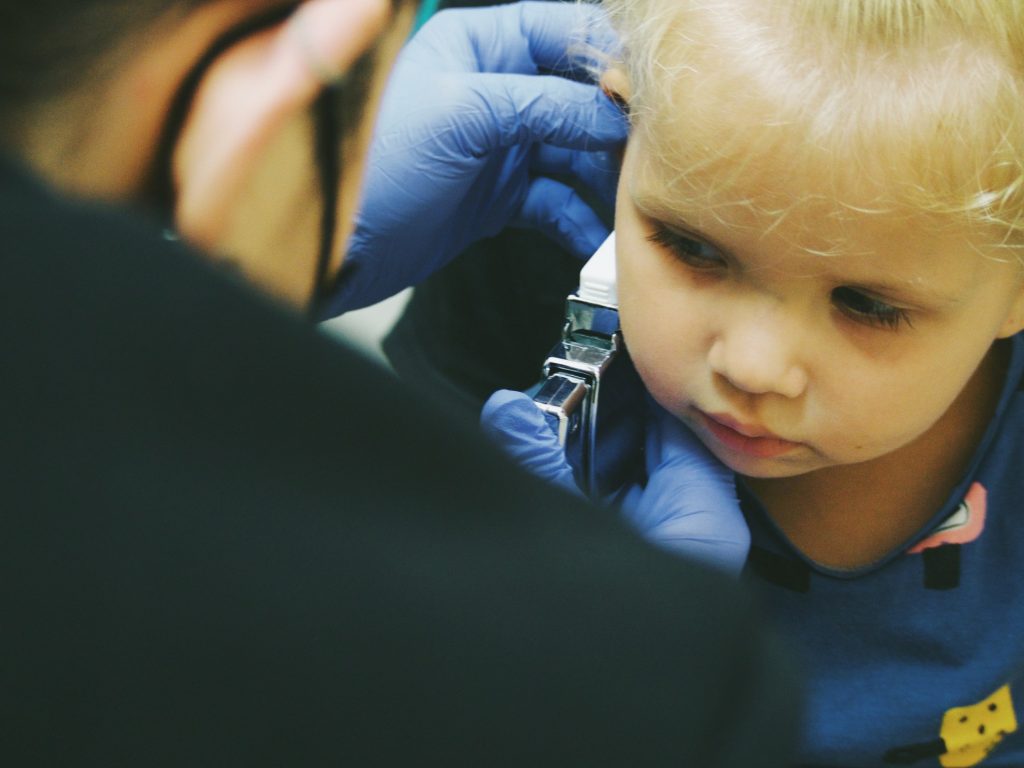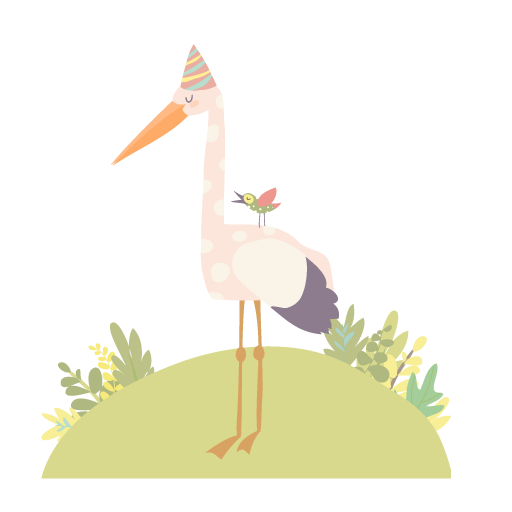Babies are delicate in many ways. We recognize the importance of supporting baby neck to hold it and that baby should never be left unattended. Well, baby ears also need your full attention!
It is essential to protect baby hearing. Below are our tips to protect and take care of your little one hearing.
What noise level is dangerous for babies?
The noise level of normal speech is approximately 60 decibels, meaning that noise level is safe for babies. Noises under 80 decibels should generally not affect baby hearing.
Nevertheless, noises exceeding 80 decibels can cause damage. A few children’s toys have noise characteristics of more than 80 decibels and can therefore impair your baby hearing if he hears the sound repeatedly alongside of his ear.
Keeping your child’s ears safe from unexpected loud noises such as construction work or fire alarms, as well as noises in intrinsically noisy environments such as cinemas, fireworks or sporting events, is important.
Why are babies ears more sensitive than adults ears?
Babies ears are more sensitive than adults because their auditory canal is smaller than that adult – or even older child.
This means that acoustic pressure entering in baby ear is higher. Actually, a baby could hear sound 20 times louder than older child or adult. Hearing loss is cumulative and irreversible. Repeated hearing fatigue can lead to permanent hearing loss.
Keeping your child away from loud noises is therefore absolutely essential.
Press on Mute button – or at least, turn sound down.
It is easy to prevent your baby hearing from degrading: if object is too noisy, turn down volume if possible, move it away.
Use these strategies on deafening television, or with jackhammer on your way to your regular walk…
Make sound check of your child’s toys: hold them against your ear, then approximately 30 cm remotely. If it’s too loud for you, it’s also too loud for your child.
Choose toys that offer possibility of turning down volume. To decrease noise, hide speaker with adhesive tape. Also, if sound isn’t essential to game, remove batteries or teach him to keep noisy toys away from his ears and frequently turn sound off to let ears recover.
If you need to take your baby to particularly noisy places, remember to use ears hide, earmuffs or headsets to protect against noise. These provides effective protection by significantly reducing loud noises or even isolating baby ears considerably, depending on earmuff chosen.

